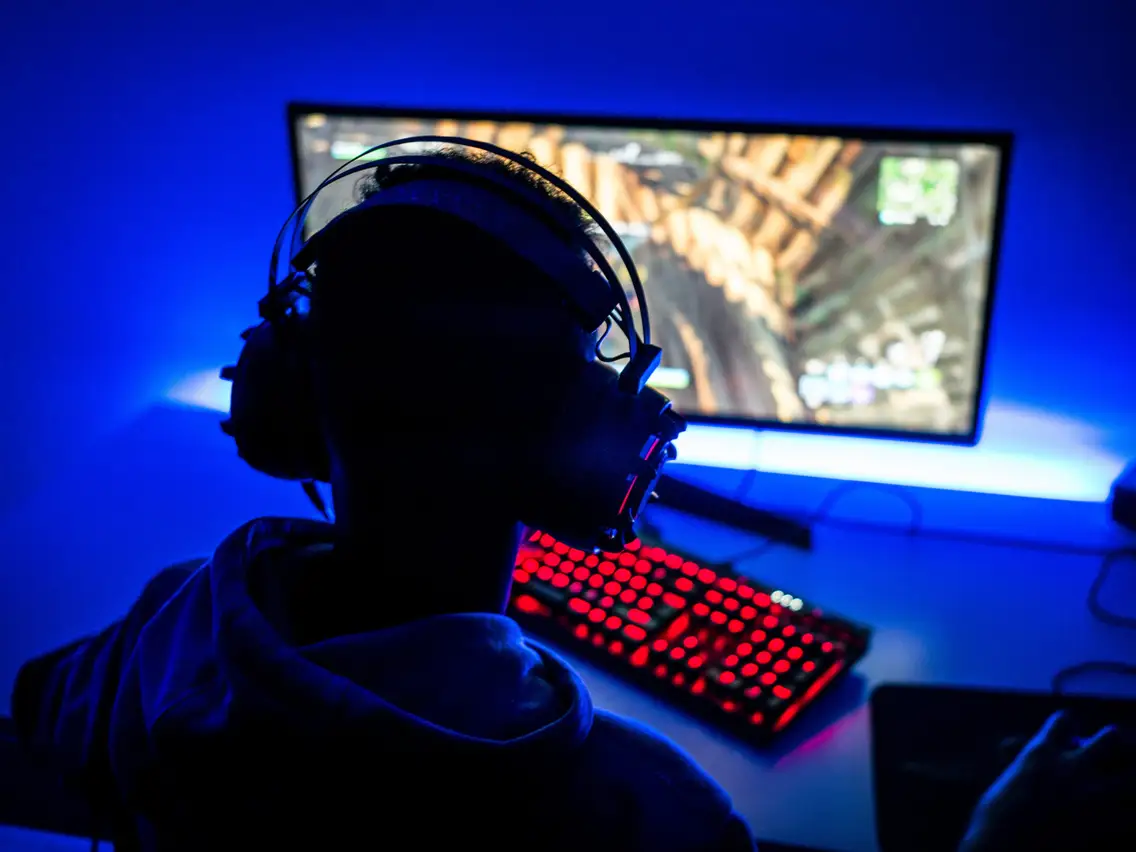China Restrictions Tighten, Hasbro opens Gaming division, and Netflix acquires Night School Studio
Netflix buys Night School Studio
Earlier this year Netflix announced they were expanding into the world of video game entertainment and they’ve now made one of their first big steps. They announced on Tuesday that they’d acquired indie developer Night School Studio best known for their first game Oxenfree. Night School Studio is currently working on a sequel for Oxenfree, development of which will continue under Netflix’s name. This is the first studio to join with Netflix but definitely not the last. A representative of Netflix said “We’ll continue working with developers around the world and hiring the best talent in the industry to deliver a great collection of exclusive games designed for every kind of gamer and any level of play.”
Hasbro also expands into the video games arena.
Hasbro is a huge media corporation, controlling IP across toys, board games, and TV shows. They’ve recently begun the move to produce video games based on some of their brands, beginning with opening a AAA game division and studio. Hasbro’s Wizards of the Coast, currently responsible for games like Dungeons & Dragons or Magic the Gathering, will take the helm of the New Raleigh-Durham Studio. It is based in North Carolina, and the division will be focused on both console and PC games that are based on Hasbro properties. Hasbro has already announced some of the franchises that will be getting a AAA game – Transformers, G.I. Joe, Micronauts, and even Ouija, but the possibilities beyond that are almost endless.
China’s restrictions on gaming tighten further.
In recent weeks we’ve seen strict regulations introduced in China limiting the time people can spend playing video games and what sort of content is allowed in Chinese video games. On Monday the 27th China released it’s 10-Year national guidelines for children’s development, detailing more rules and steps to better classify games, review content, limit game time and protect children’s personal information and privacy. They also called on operators who provide online services including social media, live streaming, audio and video streaming to limit the time and money minors spend online. Despite potential negative impacts most of China’s gaming companies have come on board with these changes, more than 200 recently making a pledge to remain compliant with the new regulations, to self-regulate within the industry, and to ban content depicting “sissy men,” “gay love” and “money worship,” as well as those deemed “politically harmful” or “historically nihilistic.” While most are compliant, some companies have been looking for loopholes to exploit. To combat this, China has launched a new website for citizens to report rule-breaking. Many consumers have expressed discontent with the new rules on social media. Some pointed out that the age of sexual consent, at 14, was now four years younger than the age at which people can game without limit. Unfortunately for them, it seems restrictions will only tighten for the foreseeable future.





